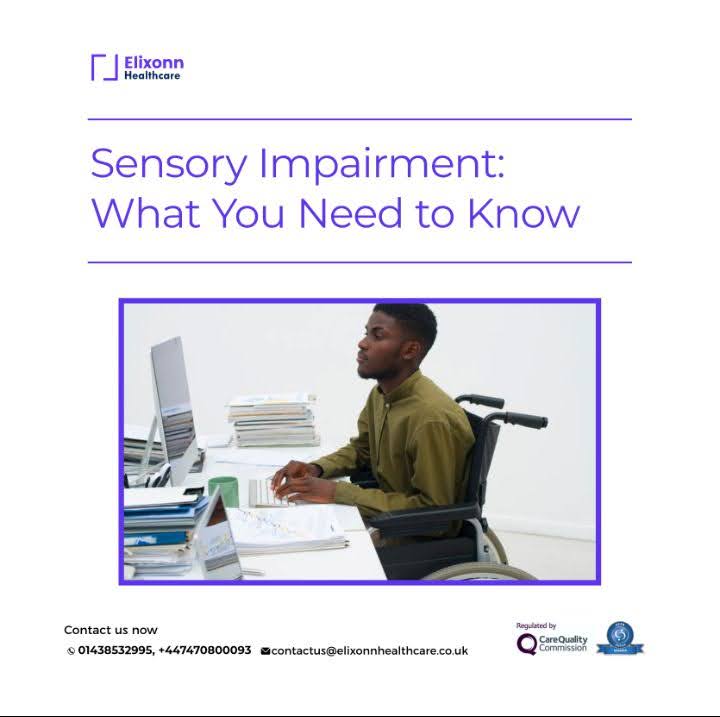Caring for individuals with learning disabilities requires a combination of understanding, patience, and specialized knowledge. Here’s a comprehensive guide to help you provide effective and compassionate support:
Understanding Learning Disabilities
Definition: Learning disabilities are a group of conditions that affect a person’s ability to learn, understand, or use information. They can impact reading, writing, speaking, listening, reasoning, or mathematical abilities.
Common Types: Some common learning disabilities include:
Dyslexia: Difficulty with reading and spelling.
Dysgraphia: Challenges with writing and handwriting.
Dyscalculia: Difficulties with math and numbers.
Attention Deficit Hyperactivity Disorder (ADHD): Impulsive behavior, difficulty concentrating, and hyperactivity.
Creating a Supportive Environment
Communication: Use clear and simple language, avoiding jargon or complex sentence structures. Visual aids, such as pictures or diagrams, can also be helpful.
Patience: Understand that individuals with learning disabilities may require additional time to complete tasks or process information. Avoid rushing or becoming frustrated.
Consistency: Maintain a consistent routine to help individuals feel secure and predictable.
Positive Reinforcement: Praise and reward positive behaviors to encourage learning and self-esteem.
Adaptations: Make necessary accommodations to help individuals with learning disabilities participate fully in activities. This might involve providing extra time, using assistive technology, or modifying assignments.

Developing Essential Skills
Daily Living Skills: Teach practical skills like dressing, bathing, eating, and using the toilet. Break down tasks into smaller, manageable steps.
Social Skills: Encourage social interactions and teach appropriate social behaviours, such as greeting people, taking turns, and expressing emotions.
Communication Skills: Help individuals develop effective communication strategies, including verbal and nonverbal cues.
Problem-Solving Skills: Teach problem-solving techniques to help individuals cope with challenges and make decisions.
Providing Emotional Support
Empathy: Show understanding and compassion for the challenges individuals with learning disabilities may face.
Active Listening: Pay attention to their feelings and concerns, and provide emotional support.
Self-Esteem Boosting: Help individuals develop a positive self-image by focusing on their strengths and accomplishments.
Stress Management: Teach relaxation techniques and coping mechanisms to manage stress and anxiety.
Seeking Professional Support
Early Intervention: Early identification and intervention can make a significant difference in the lives of individuals with learning disabilities.
Educational Support: Work closely with educators to ensure appropriate accommodations and support in the classroom.
Therapy: Consider seeking therapy, such as speech therapy, occupational therapy, or counselling, to address specific needs.
Support Groups: Connect with other caregivers and individuals with learning disabilities through support groups or online communities.
Tips for Caregivers
Self-Care: Take care of your own physical and mental health to avoid burnout.
Education: Continuously learn about learning disabilities and effective care strategies.
Advocacy: Advocate for the rights and needs of individuals with learning disabilities.
Celebrate Achievements: Acknowledge and celebrate small and large accomplishments to reinforce positive behaviour.
Remember, each person with a learning disability is unique, and their needs may vary. By understanding their individual strengths and challenges, you can provide personalized support and help them reach their full potential.





